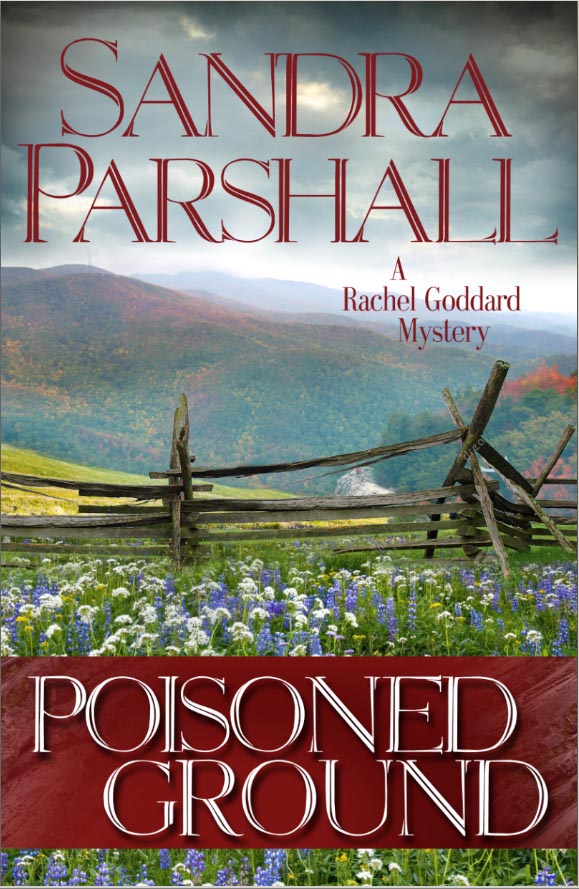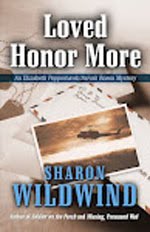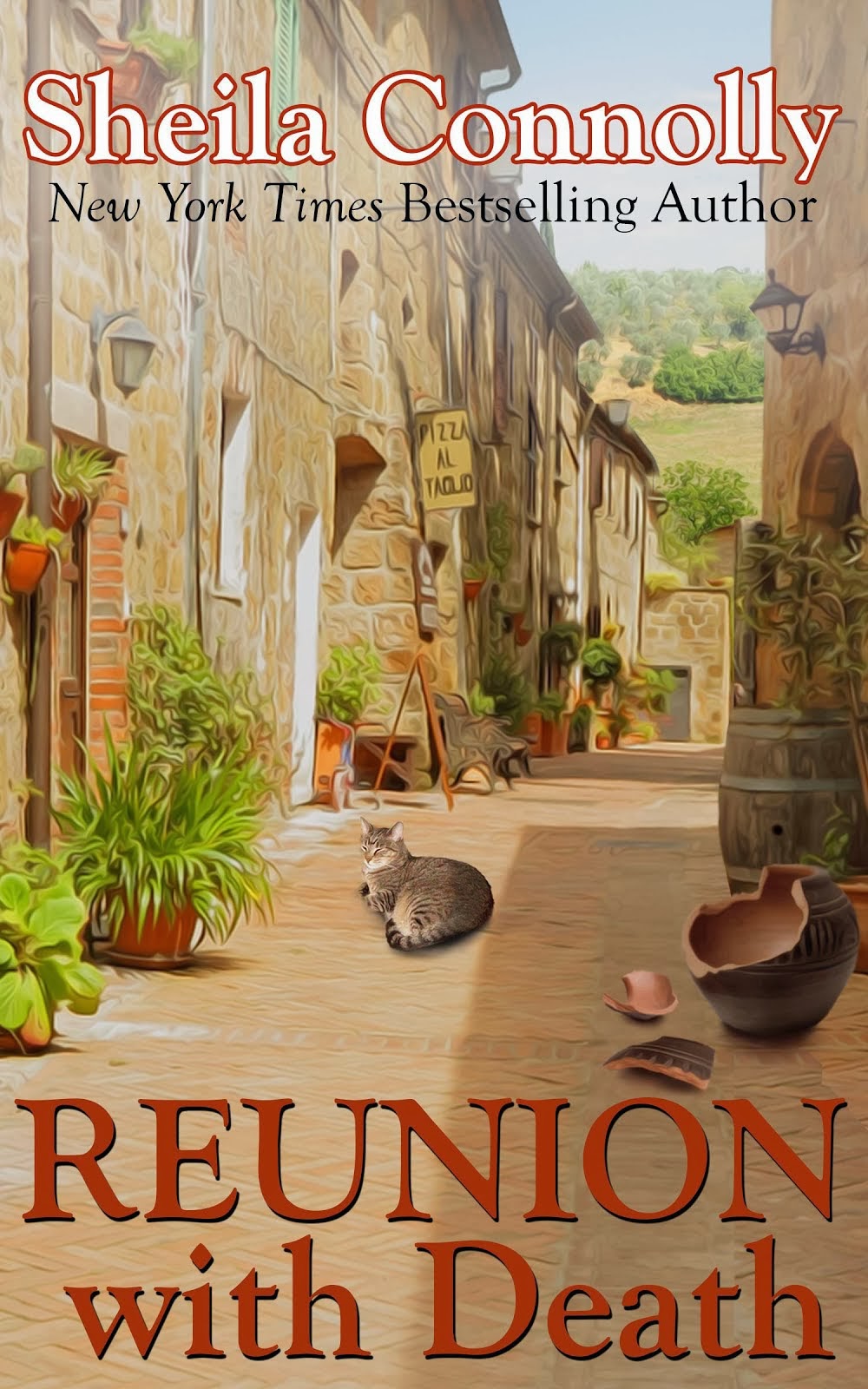Elizabeth Zelvin
I got a new and different kind of rave review the other day. My Google Alerts feature is set to email me a weekly summary of mentions of my name and the title of my mystery. Usually it manages to find my latest blog post on Poe’s Deadly Daughters; it spotted most of my virtual interviews and guest blogs in March and April and some though not all of the bookstore websites announcing my tour appearances in May and June. It’s been less adept than I’d hoped at picking up reviews online. But this particular catch was something different.
The hypertext title was Bargain on Death Will Get You Sober. The site appeared to belong to someone named Tamara, whether a real person or a virtual trickster I have no way of knowing. By clicking on the link, I found the complete text of the book’s jacket copy. I don’t mind my publisher’s description of the book being disseminated in cyberspace. What’s not to like (as we say in New York) about “Debut author Elizabeth Zelvin has used her expertise as a treatment professional to pen a riveting mystery filled with memorable, realistic characters”? But that was not the rave.
“I got my Death Will Get You Sober off Ebay and man it ROCKS!” Tamara gushed. “My Death Will Get You Sober is of the best quality around. I highly recommend it to anyone.” In case the reader didn’t get it, she added, “I scored my copy of Death Will Get You Sober off of an Ebay auction and got a super good deal.” She repeated that line several times, perhaps to encourage search engines to hone in on the page during searches for “Ebay” and “auction.” I clicked on the hyperlink book title, naively hoping it might lead somewhere relatively benign where the user could buy the book. Nope. Not only did the link take me to a multipurpose auction site, but it inserted a nasty Trojan in my computer, which luckily McAfee immediately detected and removed.
Sophisticated mystery lovers, an umbrella that includes writers, booksellers, librarians, mystery conference goers, and mystery e-list devotees (and perhaps almost everyone who reads Poe’s Deadly Daughters), know what’s wrong with buying a book like mine on Ebay, or indeed in any used book venue, including the “new and used” feature on Amazon. But it occurs to me that ordinary readers, of whom I hope a great many read my book, have no idea what a difference it makes to the writer. So here’s the problem:
1. Writers are paid in royalties, which are a percentage of the sale of each book. Even the advance, the upfront money, is an advance against royalties. When you buy a new book in a bookstore, the bookseller gets some of the money, the publisher gets some, and the writer gets some. When a book is resold, whether it’s being auctioned on Ebay, recycled “new or used” through a dealer who works with Amazon, or on the street after falling off the back of a truck, all the money goes to whoever sent or handed you the book.
2. Publishers base their publishing decisions on sales. When a book is sold through a bookstore or to a library, the publisher knows about that sale. The publisher does not know that a copy appeared on eBay or was sold through a used book dealer. From the publisher’s point of view—and the writer’s—that copy of the book doesn’t count. The publisher adds up all the sales of a writer’s book and decides whether that writer’s sales are meeting expectations. If they’re not? Certainly no paperback edition. No new contract. No more books.
Have I oversimplified? Of course. I haven’t even mentioned the dreaded returns, when bookstores send back unsold copies and the publisher’s computer enters a minus sign on the writer’s sales figures. But the basic principle is simple. If you buy a book new, the author gets paid for his or her work. The sales count. If it’s a resale, they don’t. If the author makes sales, the publisher is happy. If the publisher isn’t happy, the author may not only fail to make a living, but not get the opportunity to go on writing books.
The public is reasonably well informed these days about how pirating music CDs and movie DVDs is stealing from the artists and undermining the recording and film industries that provide music and movies for our entertainment. The same applies to books. One morning maybe a year ago I was appalled to find on the AOL home page a hot tip for saving money: Guess what! You never have to pay full price for a book again! You can save as much at 66 percent by buying all your books from resellers! They didn’t say that if everybody does that, some day there may be no more books.
Thursday, July 24, 2008
Subscribe to:
Post Comments (Atom)










3 comments:
Thanks for laying it out for readers. You want to see another book by an author you like? You have to buy the first one. New, not used.
But...what about the reader who buys a used copy somewhere, and falls in love, and will buy every new book you write? I will admit that if I buy a new book by an author I haven't read before, and I don't like it, I feel cheated. So isn't there some room for sales of used books?
And what about the out-of-print and hard-to-find titles, including classic mysteries? (Oh, right, the authors are all dead--except that some estates are still collecting royalties.)
Maybe we should all band together and persuade publishers to change how they count sales? You would think that with state-of-the-art computers, this would be possible. Oh, that's right--we can't even coordinate our airport watch lists.
Okay, readers--skip that overpriced Mickey-D lunch and buy a book instead. It's much better for you.
Sheila, you're right about both out-of-print books and the importance of gaining readers who may buy our other books. The catch is that for a debut author like me, there are no other books. Just yesterday someone in a book club I was visiting told me she'd bought my book at the Strand (the great New York used bookstore), and one friend got the book from the Strand via Amazon rather than as a new book from Amazon. Readers truly don't know--which is why I'm blogging about it.
I've seen signed copies of my books offered as used but in new condition -- I guess the sellers are those people who tell me, "Just sign your name, don't personalize it." And they don't even read the books before selling them for more than they paid.
Post a Comment